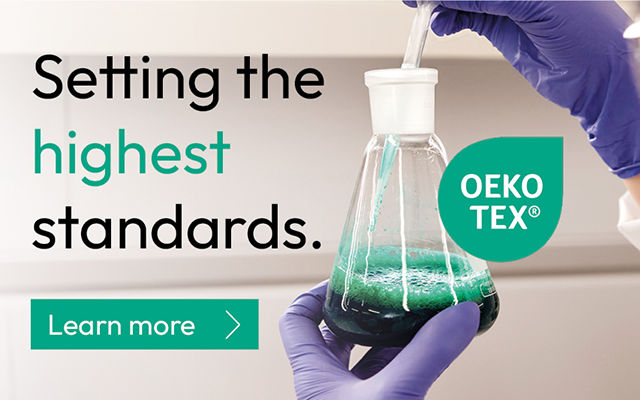Cotton is a globally important fibre, providing returns tomany small farmers in developing countries. Fairtrade cotton has just beenreleased in the UK providing job security and greater incomes to farmers. Butthe downfall is that most cotton is produced in a way that causes great damageto the environment as is it is one of the most chemical intensive crops in theworld. High productivity comes at great environmental and health costs.
So serious are the negative impacts of chemical-intensive agricultural production that momentum for change has grown considerably in recent years. The trend towardmore environmentally friendly production methods is mainly due to enlightenedcompanies under pressure of increased environmental regulation and competition,and informed consumers calling for greater social and environmentalaccountability.
In many African countries with lax environmental controls, farmers can applynearly one-third of a pound of chemical fertilizers and pesticides for everypound of cotton harvested. Some of these chemicals are classified as the mosttoxic around and the negative impacts can be severe. The simple act of growingand harvesting the amount of cotton fibre needed to make a T-shirt takes anenormous toll on the earths air, water, and soil, and has significant impactson the health of people in cotton growing areas. These carcinogenic chemicalscan leave residues on the skin, and it is now argued that these are associatedwith allergies. Organic cotton is therefore kinder to the skin. For moreinformation visit the Pesticide Action Network site at http://www.pan-uk.org/
Organic cotton begins with living soil. This means the soil has not had anychemicals used in it for at least three years and it has been enriched withcompost and other organic matter. These replace synthetic fertilizers that areharmful to the health.
Organic cotton production has increased 5-fold in the past 4 years. The UK is among the worlds fastest growing markets. Each year, thanks to organic cotton, morecotton farmers around the world are able to minimise their effect on theirhealth from pesticide exposure.
There are also signs that organic cotton is moving out of its niche market intothe mainstream with increased interest on the part of supermarkets and largecompanies. Marks and Spencers and the Top Shop have recently launched organicand fairtrade clothing ranges to meet the growing market that started withorganic food and then moving into non food areas such as cotton and paints.
For those of you that are parents, Clean Slate Clothing has introducedaccountability to the clothes which children wear everyday by selling theworlds first Fairtrade and Organic School Uniforms.
Ethical companies also need to move beyond selling organic cotton clothes to ensuringthat they are using environmentally friendly dyes and recycled materials withthe minimum of packaging and literature.
About the author:
Davinos Greeno works for the
Find ethical retailers selling
To read more articles on
To promote your company, product and services via promotional article, followthis link:

20240830145908.gif)






Comments